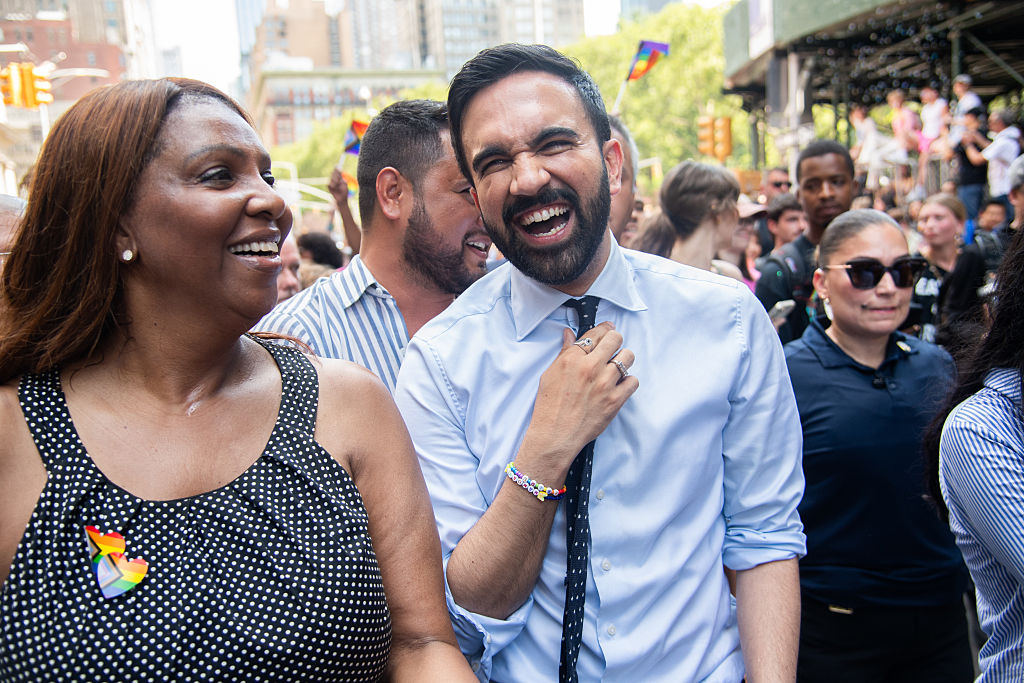Freedom Summer: Witnesses To History - Page 4
Arelya Mitchell
Arelya Mitchell is a journalist and publisher. In 1964, she participated in the Freedom Summer campaign as a Freedom School student.
My father, W.B. Mitchell, was head of the business department at Rust College and he helped to bring in Freedom Summer workers to the school. Across the street, there were two houses that belonged to the school and that’s where they put the Freedom School. Most of the time, we were on campus sitting under the trees and just talking.
My experience probably isn’t like many others that you’ll hear from children who attended the Freedom Schools because the community in which I lived was so different. My father was a professional. Many of the families in my neighborhood were educated and the parents were professionals – doctors, lawyer, undertakers.
“Another thing I will never forget from that summer was when the three civil rights workers went missing….When they were finally found, I just remember all of this rage I felt – mostly because of how brutally they were killed.”
That summer, however, I began to realize the separation in our society. We children were in the transitional period. As we were growing up, things were happening around us.
I was editor of the student newsletter at the Freedom School and wrote for it. I remember lambasting the mayor, calling him a “racist. “ He personally called our neighbor at the time, Ms. Hearns, who was a schoolteacher, to complain and she told my mother. I didn’t stop though.
Another thing I will never forget from that summer was when the three civil rights workers went missing. I remember my father showing me Newsweek articles on their disappearance and, of course, the volunteers talked about it. I didn’t think anything had happened to them. My father would tell me though that he believed they were dead. When they were finally found, I just remember all of this rage I felt – mostly because of how brutally they were killed.
Fifty years later, it’s clear that Freedom Summer was a pivotal moment in the modern Civil Rights Movement, and one that had a tremendous impact. Volunteers built dozens of Freedom Schools and aided in an estimated 17,000 Black Mississippians attempting to register to vote. In the end, nearly 1,600 registered successfully.
« Previous page 1 2 3 4















